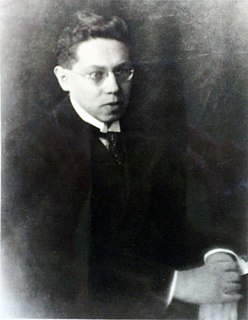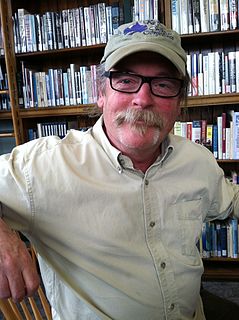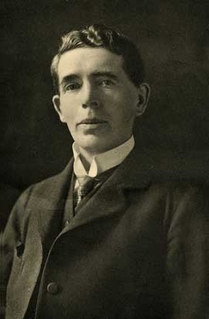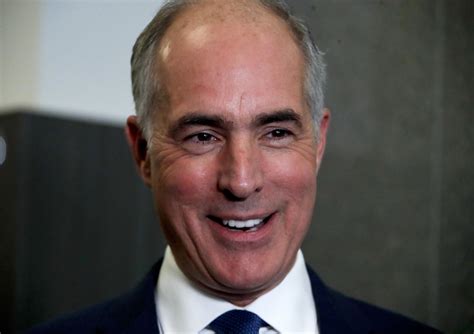A Quote by Lion Feuchtwanger
What is a historian, anyway? It is someone who uses facts to record the development of humanity.
Related Quotes
Hardly a pure science, history is closer to animal husbandry than it is to mathematics in that it involves selective breeding. The principal difference between the husbandryman and the historian is that the former breeds sheep or cows or such and the latter breeds (assumed) facts. The husbandryman uses his skills to enrich the future, the historian uses his to enrich the past. Both are usually up to their ankles in bullshit.
The facts of the fossil record never justified denying poor people a healthy diet. The facts of the weather record do not justify denying poor people affordable energy. And no set of facts, whatever they may be, can justify denying scientists - or anyone else, for that matter - the right to free speech.
The facts are really not at all like fish on the fishmonger's slab. They are like fish swimming about in a vast and sometimes inaccessible ocean; and what the historian catches will depend, partly on chance, but mainly on what part of the ocean he chooses to fish in and what tackle he chooses to use - these two factors being, of course, determined by the kind of fish he wants to catch. By and large, the historian will get the kind of facts he wants. History means interpretation.
I may remind you that history is not a branch of literature. The facts of history, like the facts of geology or astronomy, can supply material for literary art; for manifest reasons they lend themselves to artistic representation far more readily than those of the natural sciences; but to clothe the story of human society in a literary dress is no more the part of a historian as a historian, than it is the part of an astronomer as an astronomer to present in an artistic shape the story of the stars.
The true historian, therefore, seeking to compose a true picture of the thing acted, must collect facts and combine facts. Methods will differ, styles will differ. Nobody ever does anything like anybody else; but the end in view is generally the same, and the historian's end is truthful narration. Maxims he will have, if he is wise, never a one; and as for a moral, if he tell his story well, it will need none; if he tell it ill, it will deserve none.




































